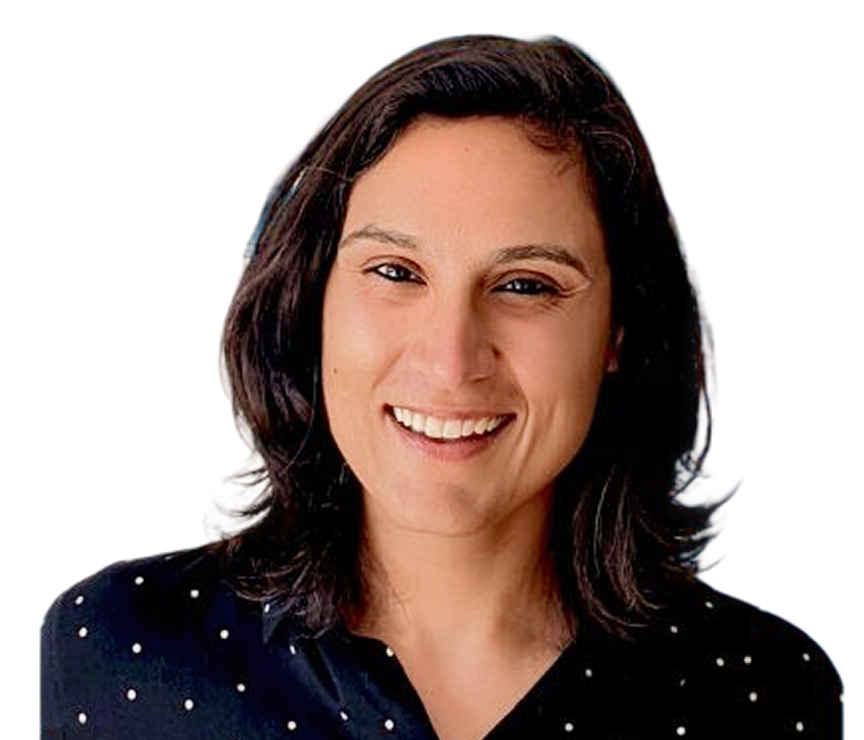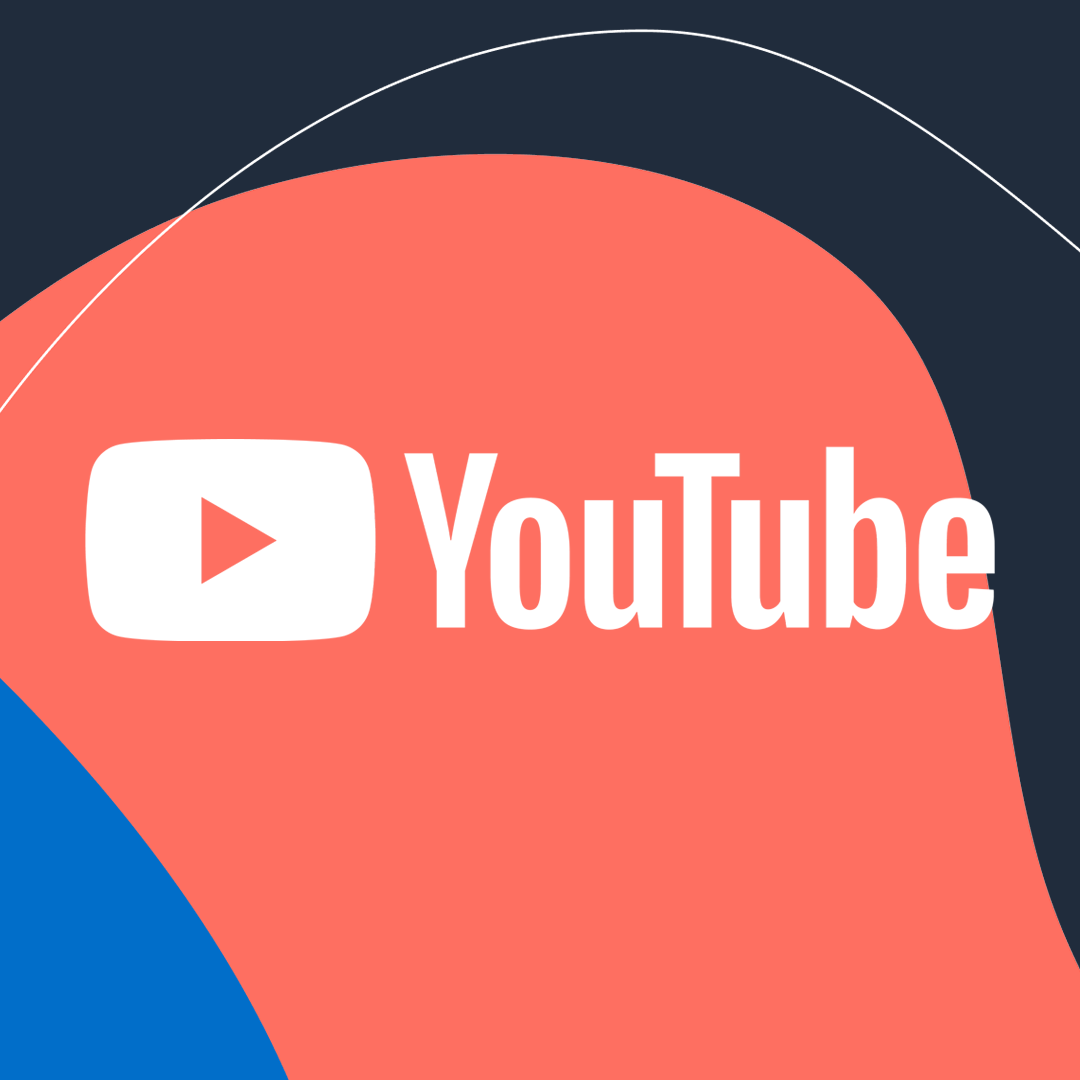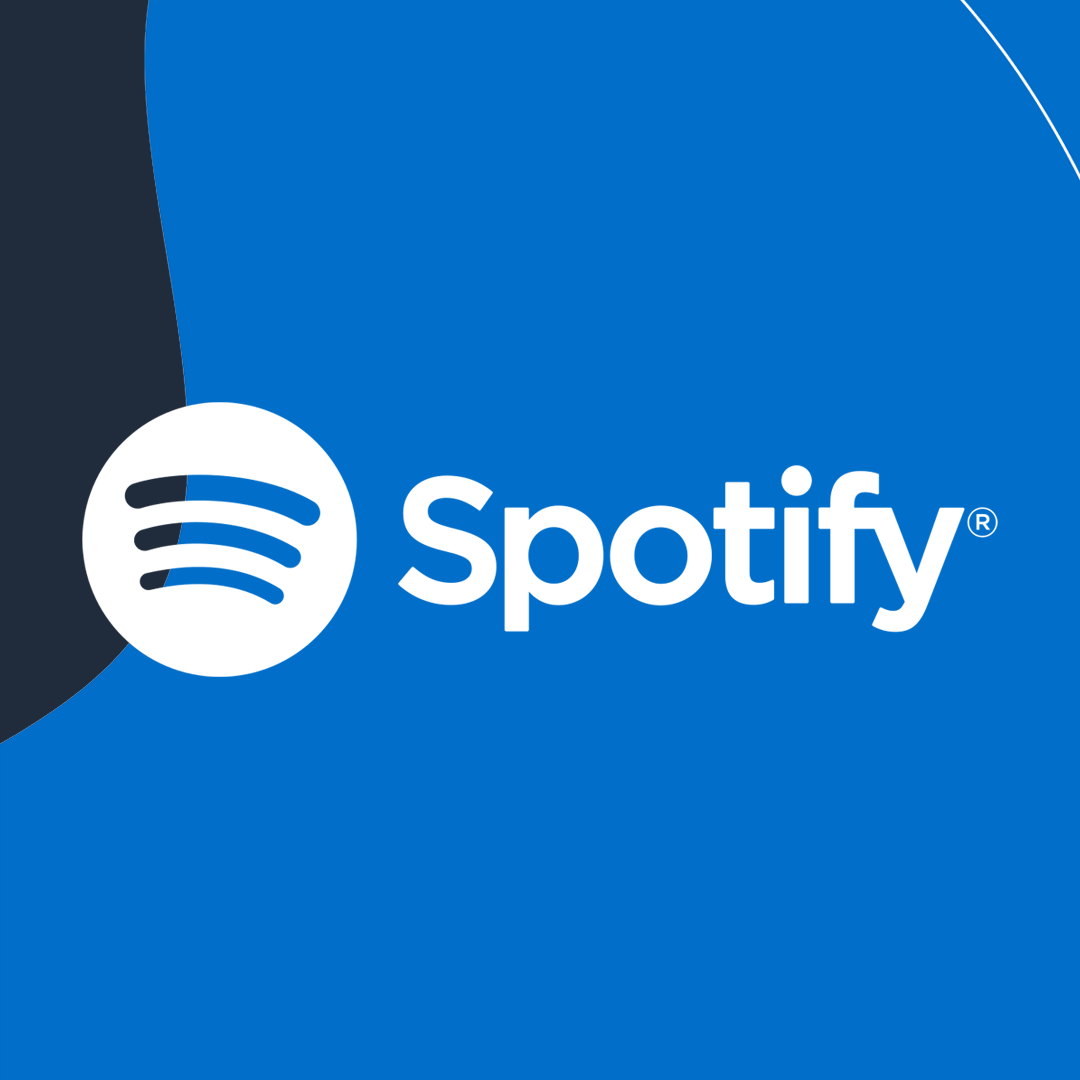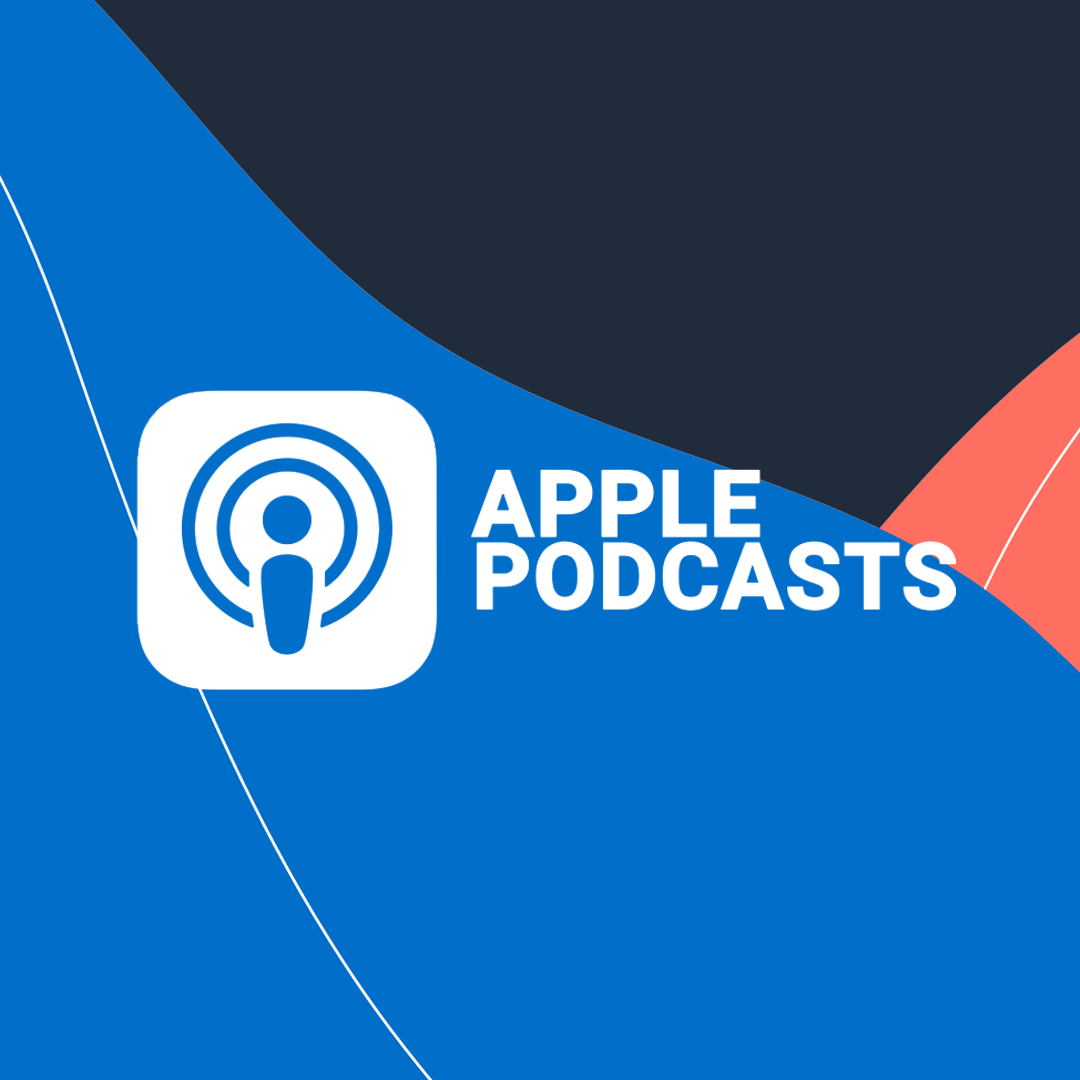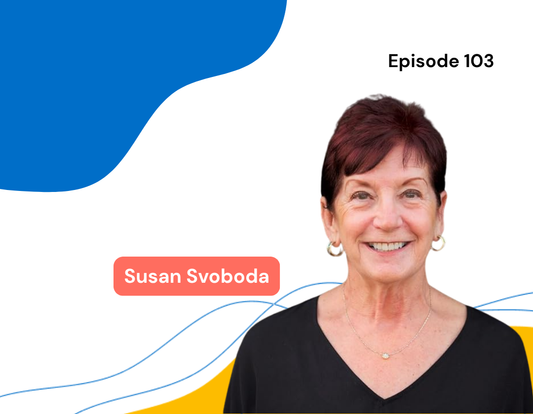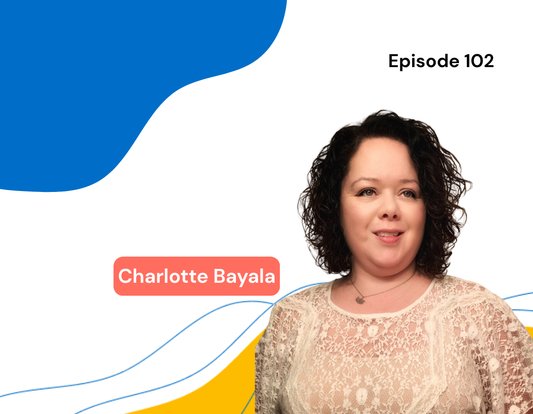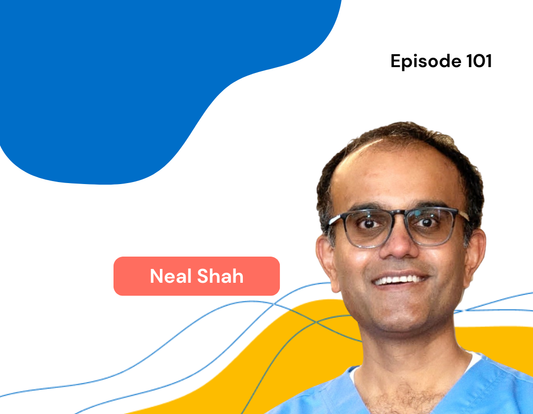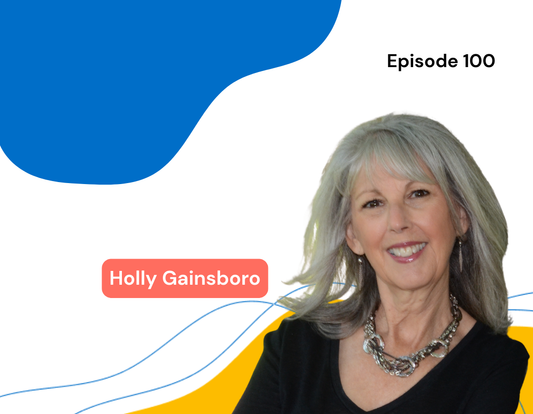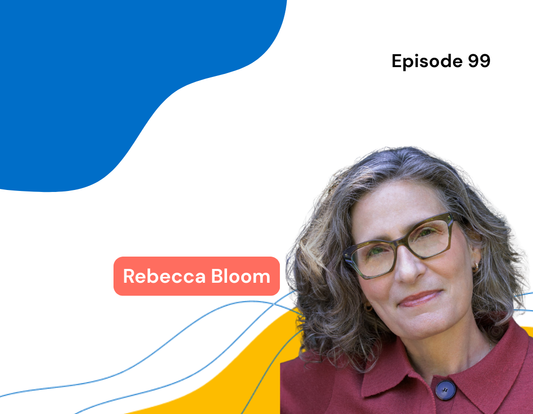THE Patient From Hell Podcast
Featured Episode
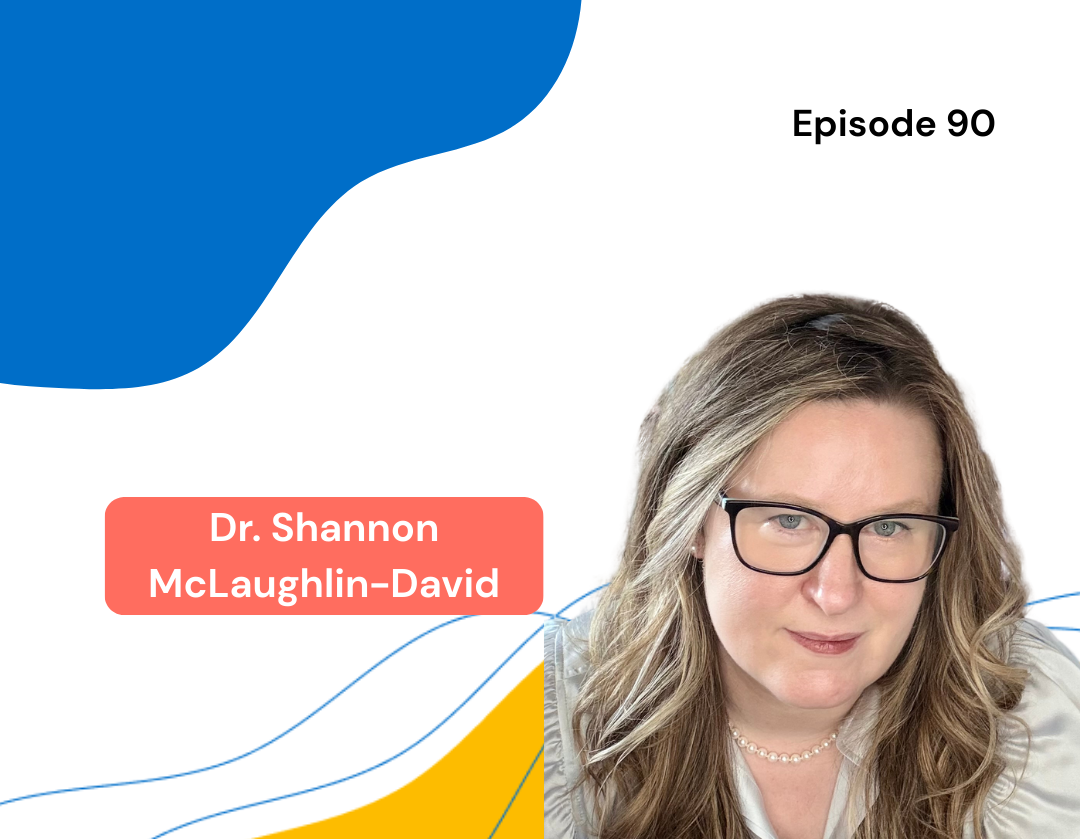
Episode: 90
Navigating Cervical Cancer: Screening, Surgery, and Shared Decision-Making in Women’s Oncology
Dr. Shannon McLaughlin-David explores cervical cancer, HPV, and gynecologic oncology, highlighting the emotional and clinical challenges in patient care. The conversation emphasizes communication, patient autonomy, and systemic healthcare factors, while also addressing cancer types, treatment decisions, and the importance of education and advocacy.
Never Miss an Episode
You Don’t Have to Navigate Cancer Alone
Discover your personal roadmap. Get started free.
Latest Episodes
Get the Answers & Support You Need
Sign up in just minutes, and start using our proprietary Cancer Maps and digital platform for free.
 Spotify
Spotify
 Apple
Apple
